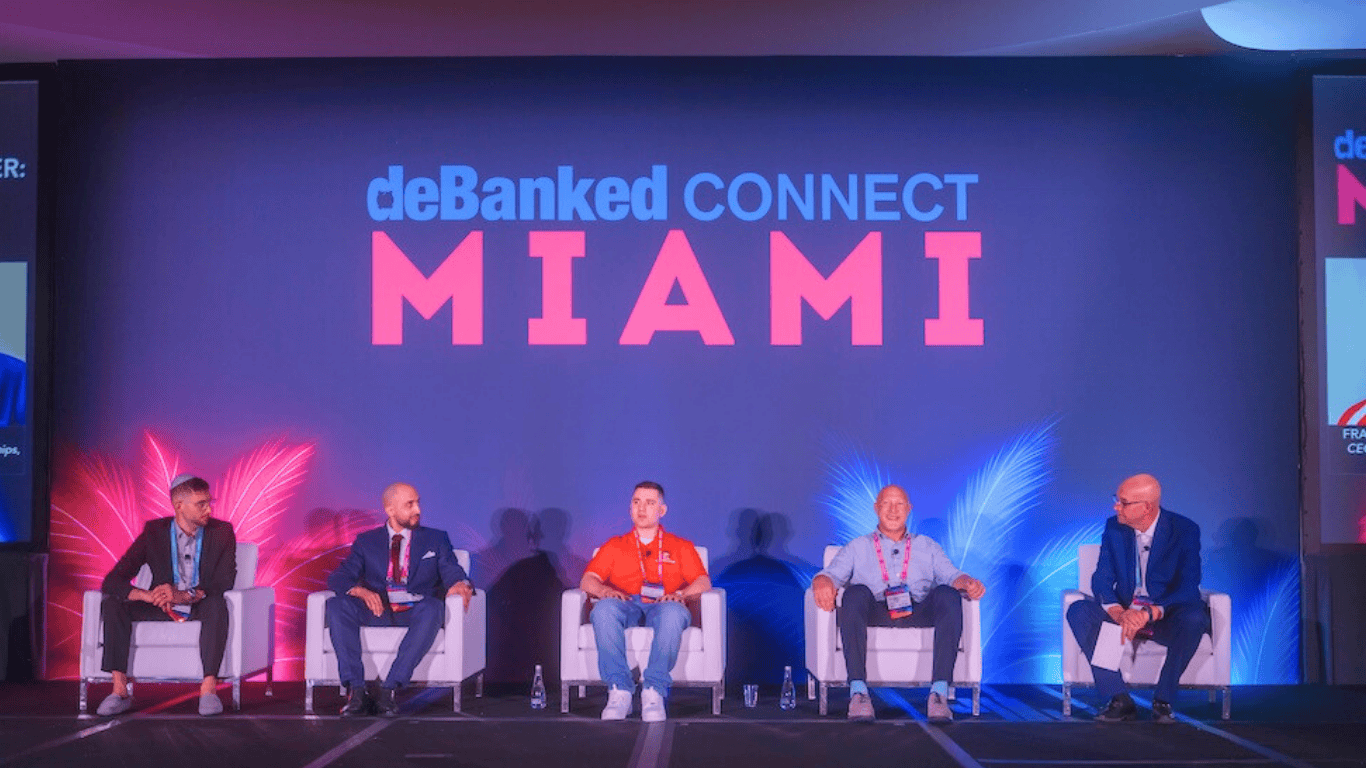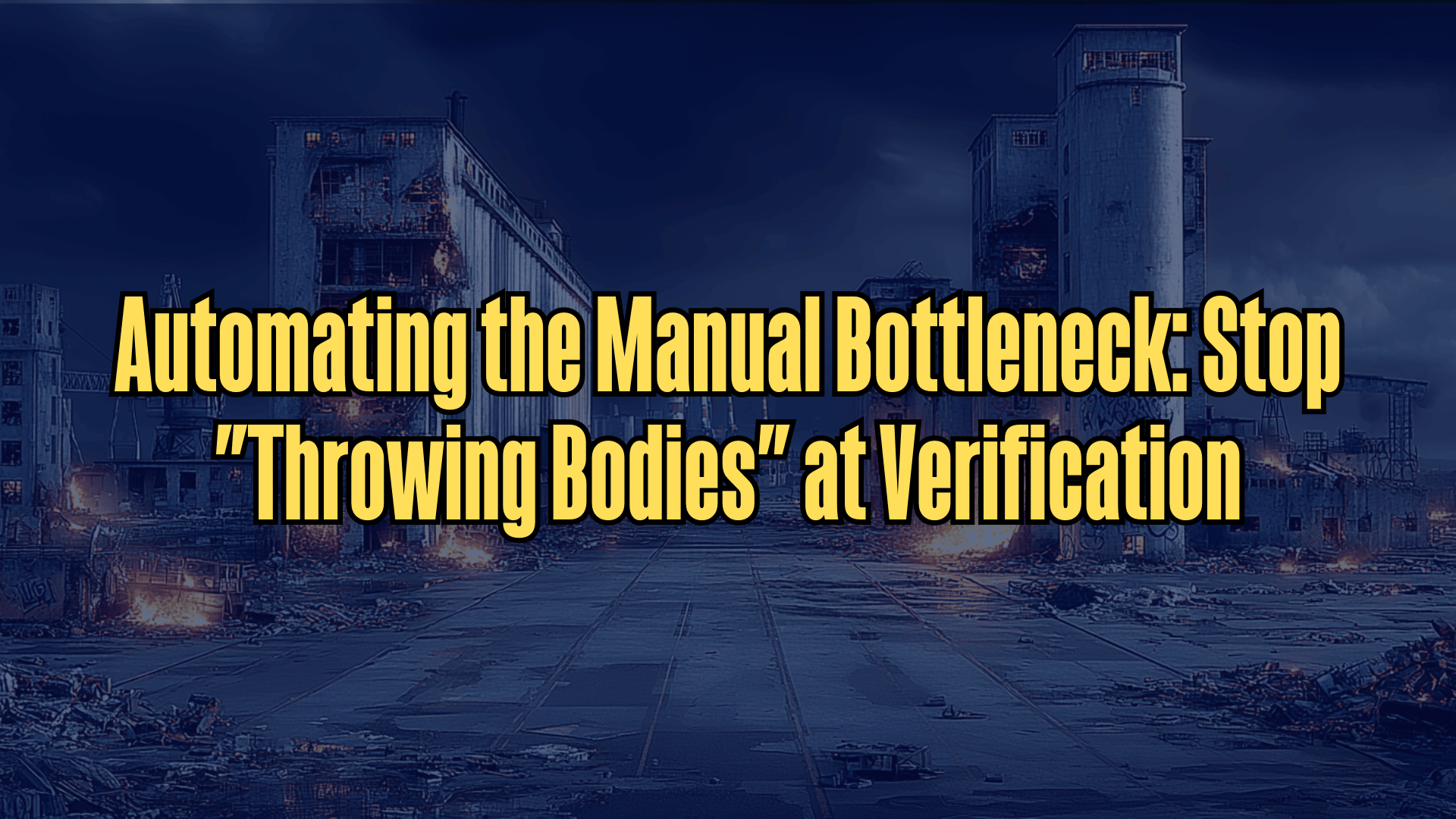Contractor License Verification is the process of confirming that a contractor, such as an electrician, plumber, or general contractor, holds a valid, current, and legitimate license to operate within a specific jurisdiction. For businesses in the financial sector, particularly those extending credit lines in industries like construction, this verification is a critical due diligence step to mitigate risk.
By using an API solution, like the one offered by Cobalt Intelligence, lenders and suppliers can automate this check, instantly validating a contractor's credentials directly from state-level licensing portals instead of relying on manual, time-consuming searches. This ensures that the business is dealing with a qualified professional, reducing exposure to non-compliance, fraud, and the financial liabilities associated with unlicensed work.
Beyond the Blueprint: Why Contractor License Verification is Non-Negotiable in Commercial Credit
Every data point matters. While underwriting teams meticulously analyze credit scores, bank statements, and business registrations, a crucial layer of risk often goes overlooked: professional licensing. For any business extending credit to contractors—whether you're a building material supplier, an equipment financer, or a direct lender—verifying the legitimacy of a contractor's license is not just a best practice; it's a strategic imperative for safeguarding your portfolio.
Traditionally, this has been a frustratingly manual task. An underwriter receives an application, finds the contractor's license number, navigates to a state-specific portal (each with its own unique interface), and manually confirms the details. This process is not only a drain on resources but is also prone to human error and inconsistency—liabilities that modern lending operations cannot afford. The evolution of this process now points toward API-driven automation, which transforms this operational bottleneck into a seamless, instantaneous part of the underwriting workflow.
1. The Core Function: Automating Trust and Compliance
At its heart, contractor license verification is about confirming that a business and its operators are who they say they are and have the legal authority to perform their work. An automated API solution plugs directly into this need by programmatically checking credentials against authoritative state databases.
- Instantaneous Validation Across Key States. Instead of dispatching your team to manually sift through disparate state websites, an integrated API can deliver real-time verification results in seconds. For a business like Bectran, which serves a high volume of customers in the construction industry, automating this check for critical states like California and Florida means their clients can make faster, more confident credit decisions. This speed is a significant competitive advantage when a contractor needs materials for a job immediately.
- Eliminating the "Human Error" Variable. Manual data entry is a known risk vector, leading to incorrect assessments or, worse, approving a fraudulent applicant. Automation eliminates typos, misinterpretations, and overlooked details by pulling structured data directly from the source. This ensures that every verification is consistent, accurate, and adheres to a standardized process, creating a more reliable risk model.
- Centralizing a Fragmented Process. The regulatory landscape for contractor licensing is notoriously fragmented, with different portals and requirements for each state, and sometimes even for different license types within the same state. A robust API solution, like what Cobalt Intelligence offers, acts as a central aggregator. It handles the complexity of interfacing with multiple jurisdictions (e.g., California, Texas, New York, and Florida) through a single, unified request, radically simplifying the compliance workflow for your underwriting team.
2. Strategic Imperative: Mitigating Financial and Reputational Risk
Failing to verify a contractor's license exposes your business to a cascade of tangible risks. Many businesses, especially in the construction supply sector, will not even do business with a contractor if they don't hold a valid license in 40 out of 50 states.
- Proactive Fraud Prevention. An invalid or expired license is a major red flag. It could indicate a fraudulent entity, a business that has cut corners, or an operator trying to evade accountability. By integrating an automated license check early in the underwriting process—at the moment of application—you can instantly flag these high-risk applicants before investing further resources in manual reviews, credit pulls, or bank statement analysis.
- Reducing Exposure to Project Failure and Non-Payment. Lending to an unlicensed contractor is inherently risky. If their work is subpar or they abandon a job, they may lack the legal standing or insurance to cover the damages, jeopardizing their ability to pay back their credit line. Verifying their license provides an initial layer of confidence that they are a legitimate professional committed to their trade, which indirectly correlates with their reliability as a borrower.
- Protecting Your Downstream Reputation. Your business's reputation is tied to the partners you choose to fund. If you are known for financing unlicensed or disreputable contractors, it can damage your standing with larger partners and within the industry. As one executive noted, awarding jobs to contractors with valid licenses is a fundamental step. Ensuring your portfolio is composed of licensed, credible professionals protects your brand and reinforces your commitment to responsible lending.
3. The Path Forward: Integration and Scalability
For a technology-forward lender or a platform serving commercial credit extenders, the question isn't if you should automate this process, but how. The answer lies in a well-designed API that can be seamlessly integrated into your existing loan management system (LMS) or credit platform.
- A Unified Credit and Compliance Workflow. A Contractor License Verification API shouldn't operate in a silo. It should be one component of a holistic, automated underwriting engine. The data returned—license status, expiration dates, and owner information—can be fed directly into your decisioning model alongside data from Secretary of State APIs (like those from Cobalt Intelligence), credit bureaus, and bank statement analyzers. This creates a comprehensive, multi-point verification process that runs automatically upon application submission.
- Scalability for Growth. As your application volume grows, the cost and inefficiency of manual verification scale linearly. An API-driven solution, however, can handle thousands of requests a month without a proportional increase in overhead. This allows you to onboard more customers, enter new markets, and grow your portfolio with confidence, knowing your verification process is both robust and scalable.
- Building a Future-Proof Tech Stack. The lending landscape is moving inexorably toward greater automation. By investing in API-driven tools for critical functions like license verification, you are not just solving today's problem; you are building an agile, resilient technology stack. This positions your business to adapt quickly to new market demands and integrate future data sources, ensuring you maintain a competitive edge in an industry where speed and accuracy are paramount.
In conclusion, Contractor License Verification is far more than a simple compliance check. It is a powerful risk management tool that, when automated, provides a direct line of sight into a borrower's professionalism, legitimacy, and adherence to the law. For any organization serious about deploying capital in contractor-heavy industries, leveraging an API from a trusted partner like Cobalt Intelligence is the definitive way to build a smarter, safer, and more scalable lending operation.












.png)